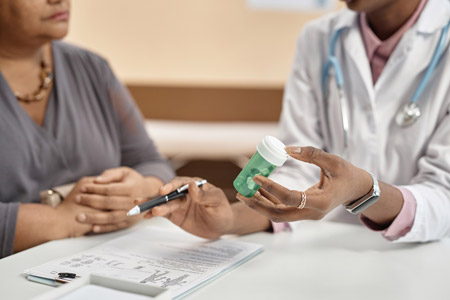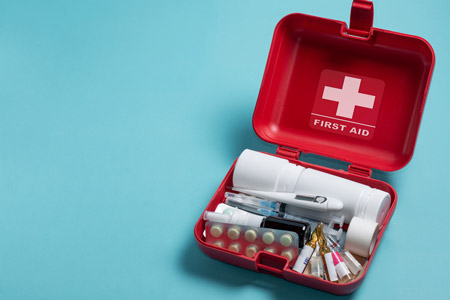


Debunking Medication Expiration Myths
Even though we live in the golden age of the internet with information at our fingertips, patients often reference notorious myths when making choices about their health — especially concerning drug expiration dates.
Maybe it’s misguided advice from an unverified website or just misconceptions passed down from previous generations: no matter the source it can make a huge impact on your health and you should always consult with your pharmacist about proper medication usage. Let’s explore some of the most common misconceptions about drug expiration dates and the real truth of the myths.
Myth One: It’s OK to Use Medication After Its Expiration Date
A 1979 ruling by the FDA, or Food and Drug Administration, made it a requirement for drug manufacturers to print expiration dates on all medications ranging from 1 to 5 years from the date of production. This requires that the manufacturer has tested that the drug is just as effective every day up until the expiration date as it was on day one.
There have been a few studies suggesting that drugs are still potent after their assigned expiration date — but these have not been fully vetted and passed through FDA testing to determine if they’re still fit for consumption. If you notice your medications are expired be sure to follow FDA protocol for disposal.
If you have expired medications, you can:
- Check with your pharmacy to see if they hold “take back” events or facilitate safe drug disposal. The U.S. Department of Justice holds an annual ‘National Prescription Drug Take Back Day’ in conjunction with local law enforcement agencies. The agency also facilitates year-round programs for disposal.
- Look into your state, county, or city’s drug disposal guidelines. It’s no longer advised to flush your medications — and many localities suggest bagging your drugs separately before tossing them.
- Dispose of needles and other sharps in biohazard containers
Myth Two: Keeping Medications in Your Handbag or Car Is Fine
Storing medications improperly is not advised and can pose a risk to your health. It’s essential that you follow your medication’s guidelines for storage and always maintain a best practice of keeping your drugs away from heat, air, light, and moisture. These external conditions can ruin your medications and render them ineffective.
It’s also dangerous to keep medications in places where folks, especially children, who were not prescribed the medication can access it. This can lead to overconsumption and accidental overdose or abuse of controlled substances. If you think someone has taken drugs they were not prescribed and are experiencing adverse reactions, be sure to call Poison Control or 911.
Myth Three: Expired Drugs Are Still as Potent as New Medications
Many patients reach for recently expired medications and expect them to have the same level of efficacy as their non-expired counterparts. While studies we referenced earlier suggest that some medications may be safe to take past expiration dates there is no 100% guarantee that a drug will work as intended past its FDA-cleared expiration date.
In fact, some medications will lose substantial potency and may become unsafe shortly after expiring. Common medications include:
- Aspirin
- Acetaminophen
- Antibiotics (liquids)
- Injectable drugs like Epi-pens or Insulin
- Ibuprofen
If you’re ever unsure about if a medication, either prescription or over the counter, is safe to take you can err on the side of caution and dispose of it properly or consult with your pharmacist or doctor on what to do.



.jpg)
.jpg)
.jpg)


















.jpg)





















.jpg)

















.jpg)


























.jpg)
.jpg)
.jpg)








